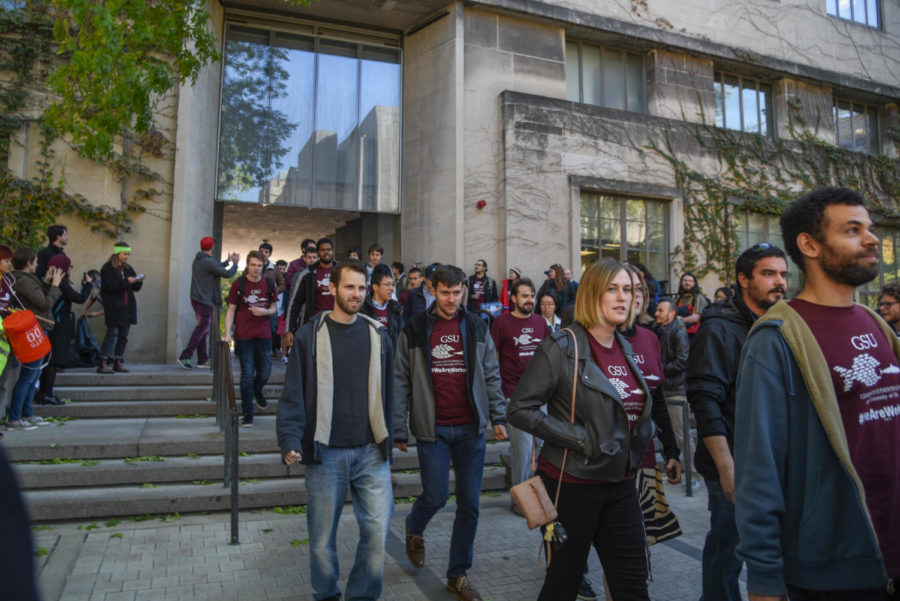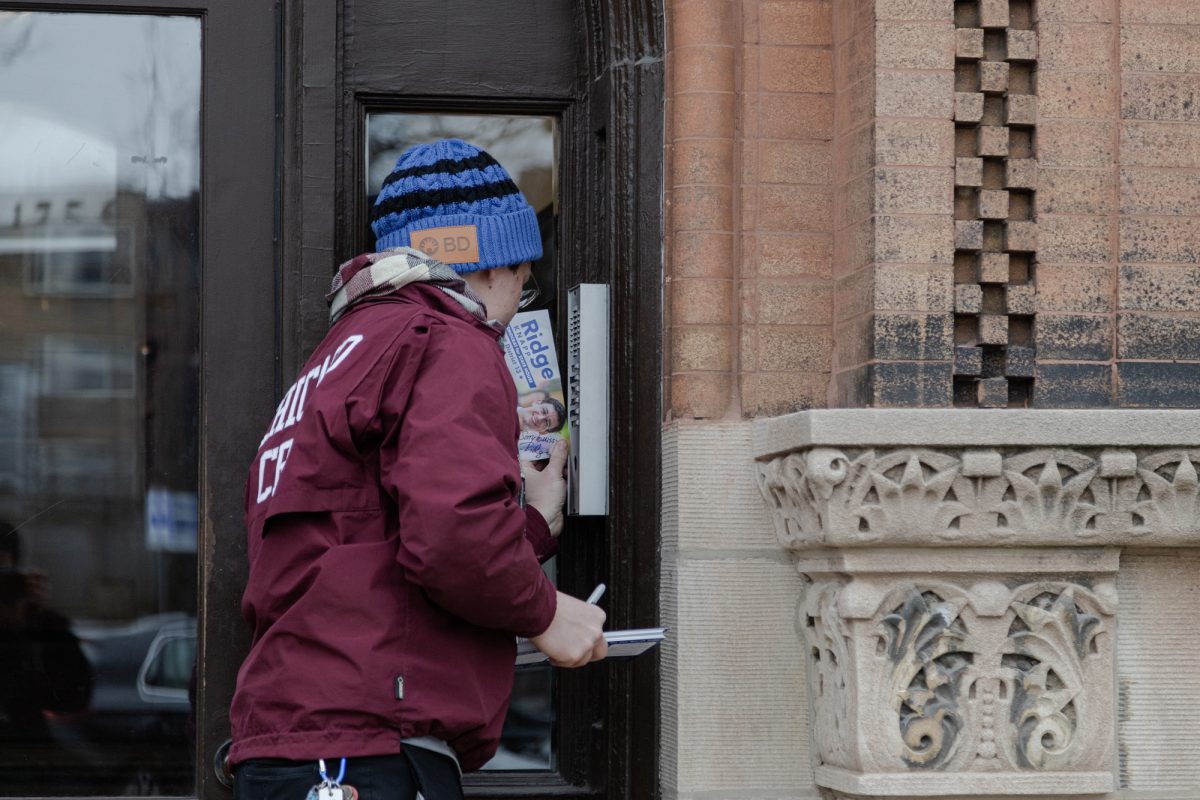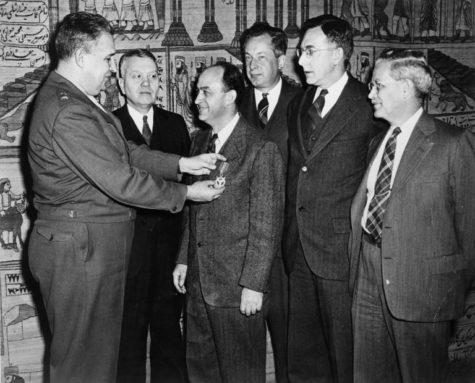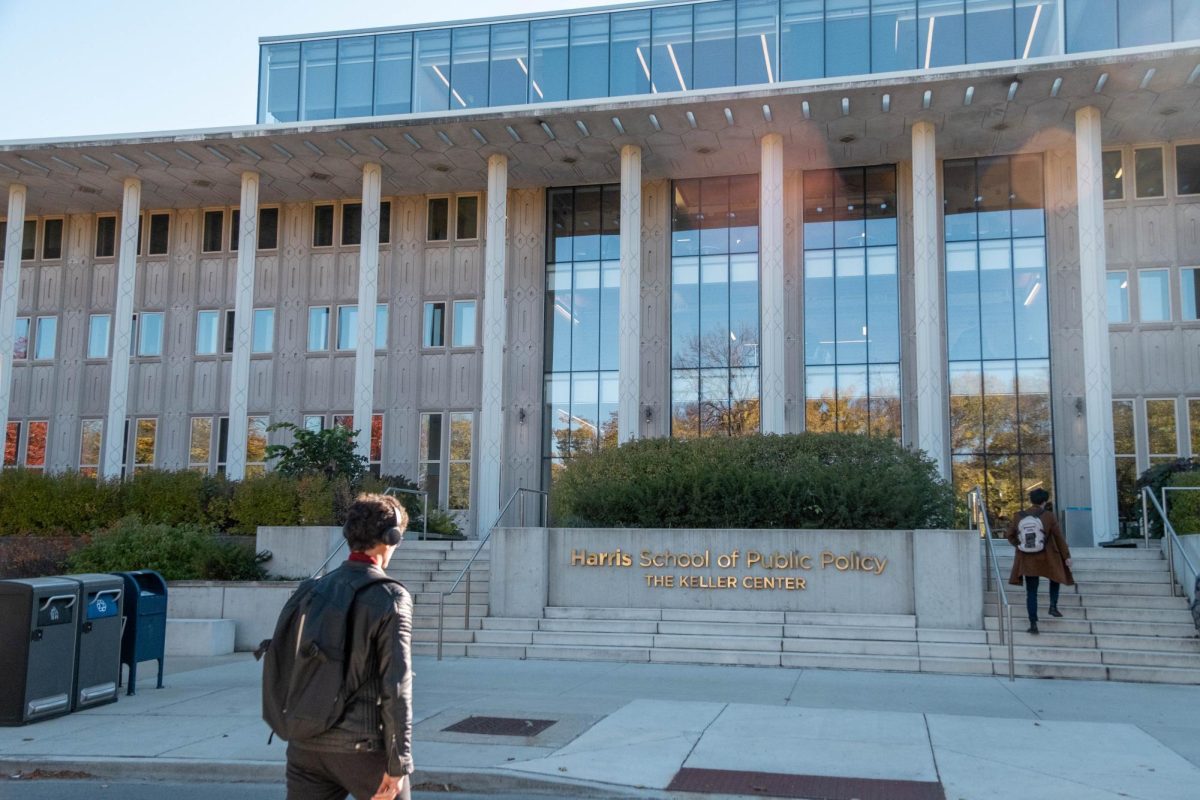In an email sent by Provost Ka Yee C. Lee to the University community on Friday, March 17, the University announced its commitment to “bargain in good faith” with Graduate Students United–United Electrical (GSU-UE). The National Labor Relations Board (NLRB)’s certification of unionization election results on March 16 means that GSU-UE is set to become the exclusive bargaining unit for graduate students across the university.
Among the graduate students who voted in the election, 1,696 voted to unionize and 155 voted against it, reflecting approximately 92 percent support.
Those votes came from among the 3,287 of 9,904 graduate students eligible to vote in the election “based on their current or recent appointments under the election petition filed by GSU-UE,” per Lee’s email.
“I am thankful to everyone who engaged in this process, especially the students who voted, whether they voted for or against unionization,” she wrote. “I congratulate GSU-UE on their successful advocacy in this process. The University will bargain in good faith with GSU-UE with the goal of supporting the continued academic success of all graduate students.”
Lee’s statement signals that the University does not plan to contest the union’s certification. When asked by The Maroon to confirm that the University would not mount a challenge, University spokesperson Gerald McSwiggan wrote that “the University is committed to negotiating with the union in good faith to achieve a first contact [sic].”
If there are no objections to the election’s administration or challenges to graduate students’ legal right to unionize, the NLRB will certify GSU-UE as the sole collective bargaining representative of all University graduate students on Thursday, March 23.
The University previously challenged a 2017 graduate student unionization vote in which just under 70 percent of graduate students voted to unionize. GSU, then affiliated with the American Federation of Teachers (AFT) and the American Association of University Professors (AAUP), subsequently withdrew its bid to unionize over fears that a conservative NLRB under then president Donald Trump would deny graduate students’ right to unionize.
Prior to the election, Lee conveyed the University’s opposition to unionization in separate emails sent to the University community on November 29, 2022, and January 10, 2023.
The first of those emails was sent just before GSU-UE announced its intention to file a petition for an NLRB–conducted union recognition election. In it, Lee wrote, “The University’s position is that graduate student unionization is likely to bring more disadvantages than advantages in the form of additional costs, time, and bureaucracy. We currently engage with graduate students through many direct channels, which we believe are more flexible and responsive to students’ varied needs and better suited to our graduate degree programs than a collective bargaining agreement would be.”
In this morning’s email, Lee reiterated the University’s commitment to the “principles of free expression and open discourse” and encouraged all graduate students to “continue learning about and engaging with GSU-UE to make sure their voices are heard and represented during the bargaining process.”
GSU-UE representatives did not immediately respond to The Maroon’s request for comment on Lee’s email. In a statement released earlier today, GSU-UE thanked workers who campaigned in favor of unionization ahead of the vote.
“This victory belongs to the thousands of workers on this campus who turned out to vote,” the statement read. “It was made especially possible by hundreds of organizers who built a campaign led by graduate workers from every division.”
Next steps for GSU-UE include forming a bargaining committee and, eventually, beginning contract negotiations with the University administration. Internal elections for the union’s bargaining committee will take place electronically from March 20 to 23.















